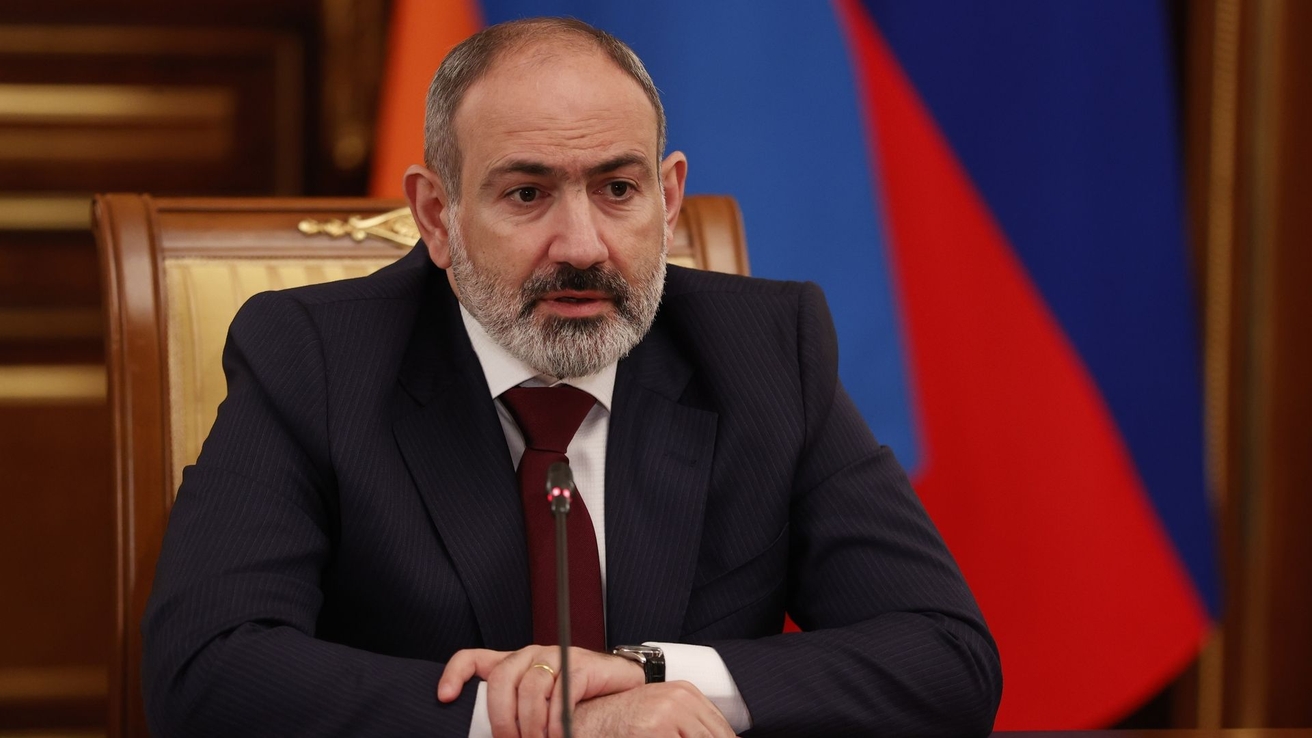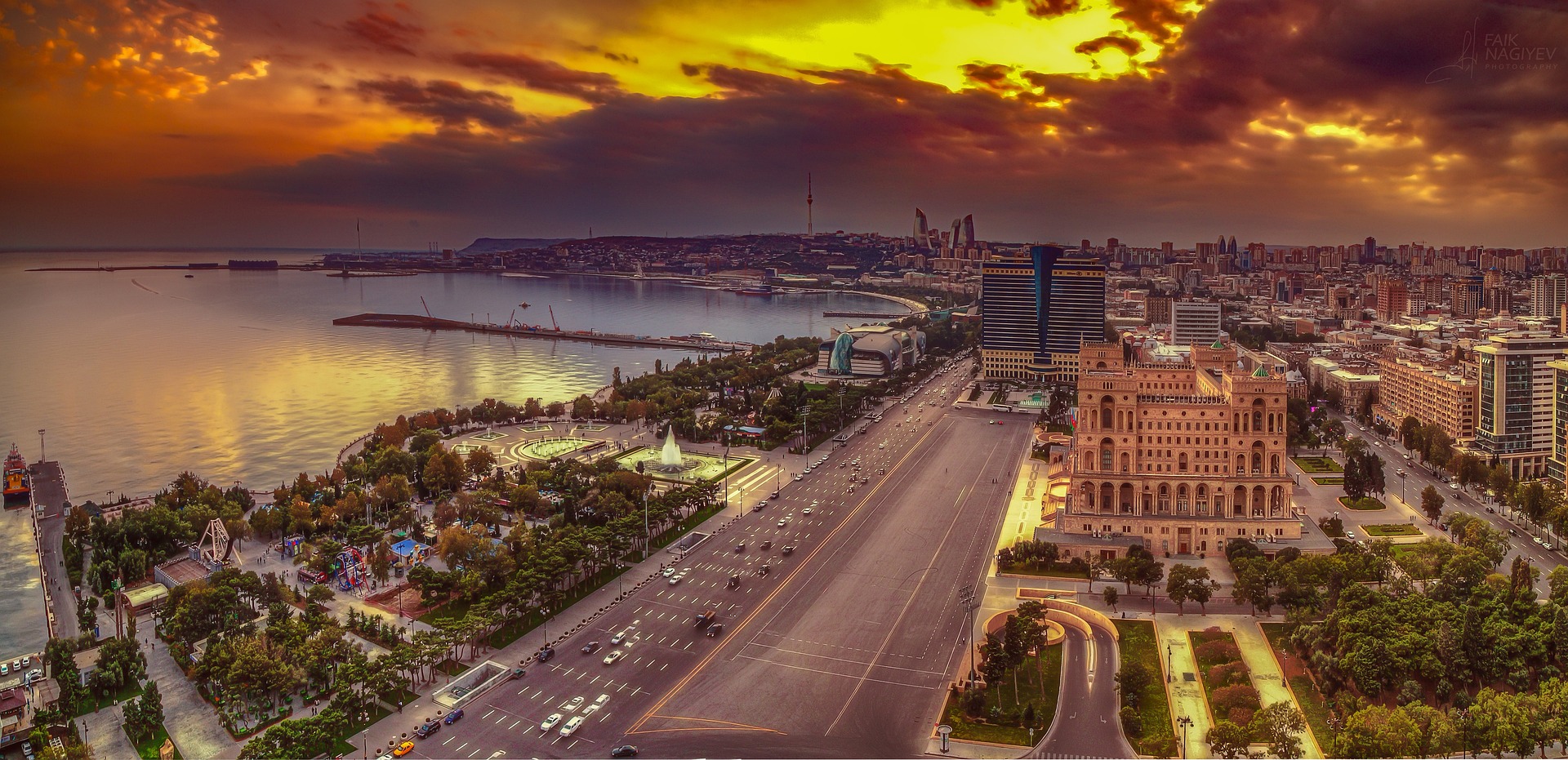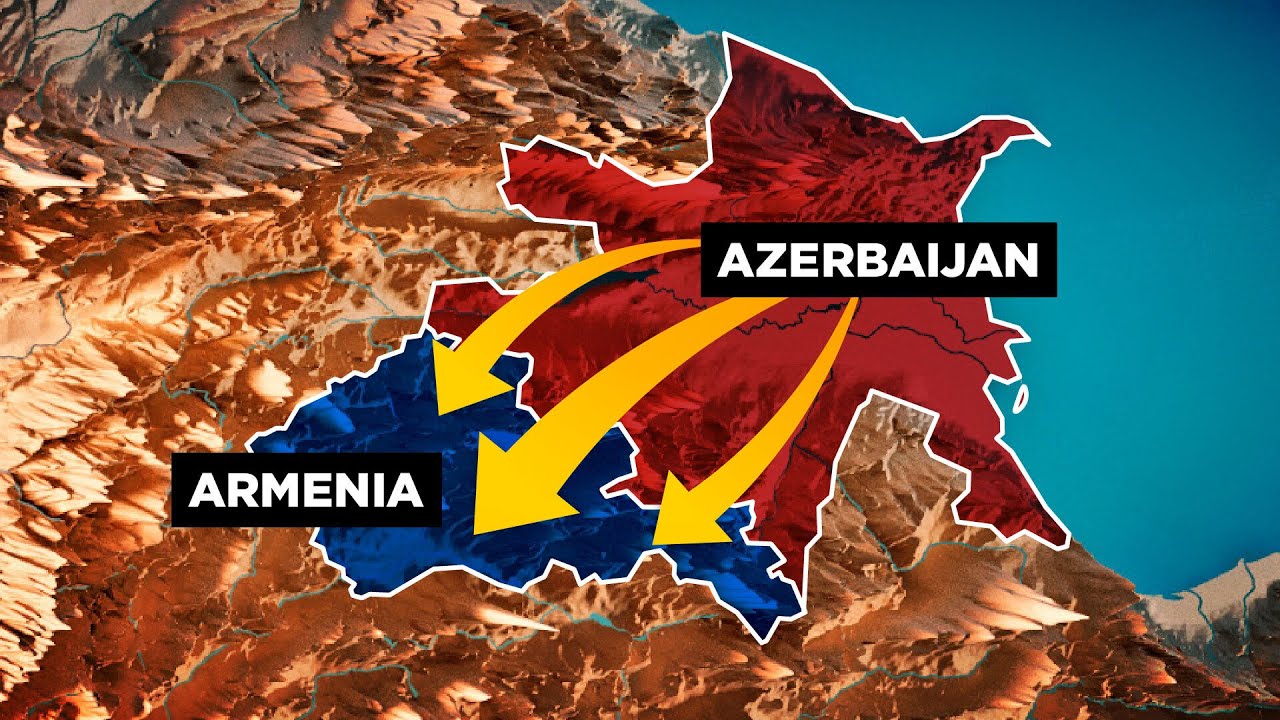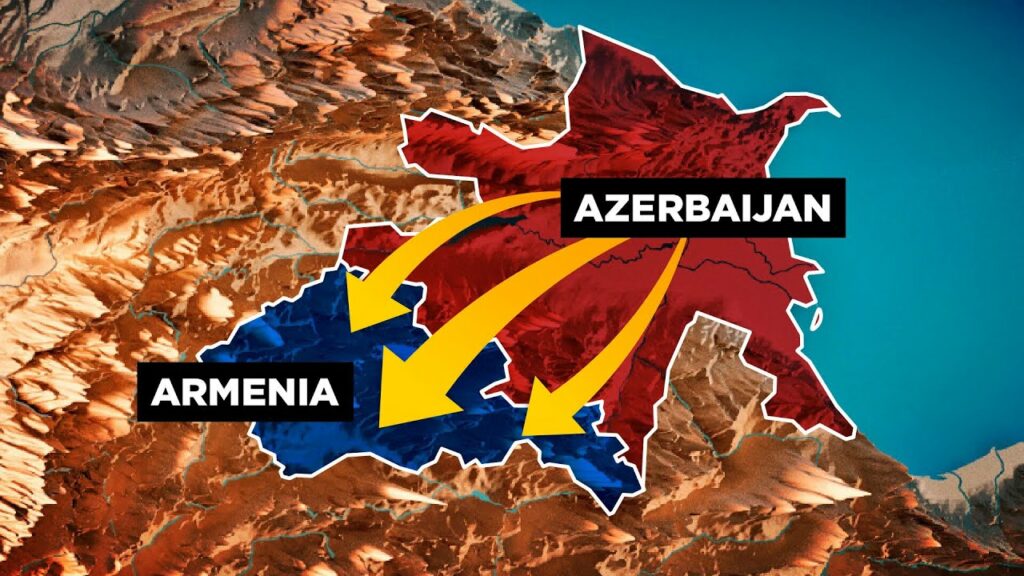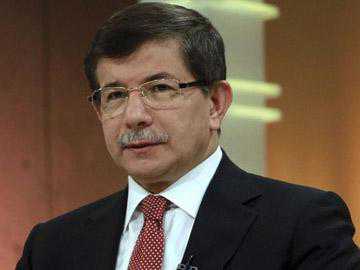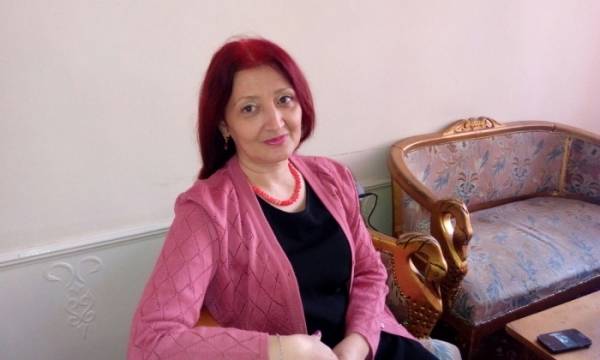It is incomprehensible that Prime Minister Nikol Pashinyan would forget important details of the document he signed with President Ilham Aliyev of Azerbaijan and President Vladimir Putin of Russia, at the end of the 2020 Artsakh War.
More incomprehensible is the fact that while Pashinyan is distorting some of the provisions of the 2020 agreement, he is blaming others for misrepresenting it. Shockingly, he then challenges them to read the text of the agreement, reminding them that it is publicly available.
Pashinyan signed the 2020 agreement that called for the unblocking of “all economic and transport connections in the region,” specifically mentioning a road that will cross Armenia to link mainland Azerbaijan to its exclave of Nakhichevan. Since 2020 he has repeated dozens of times that Armenia is ready “this morning” to allow Azerbaijanis to travel to Nakhichevan through Armenia, not once mentioning, until his August 31, 2024 press conference, that Armenians also have the right to travel through Azerbaijan to Russia.
Fortunately, Azerbaijan has undermined this provision of the 2020 agreement by insisting that the road that will cross Armenia should be a “corridor” which means that the Armenian territory that Azeris will pass through is to be under Azerbaijan’s control. This is contrary to the provisions of the 2020 agreement and a violation of Armenia’s sovereignty. If it were not for Aliyev’s obstruction, Azeris would have been traveling through Armenia to Nakhichevan for several years by now.
To make matters worse, as a result of the dispute between Armenia and Russia resulting from Russian peacekeepers not carrying out their duties of protecting Artsakh Armenians and allowing Azerbaijan to completely occupy Artsakh on Sept. 19, 2023, Pashinyan has been wrongly insisting that Russia has no role to play in the Zangezur road. He is thus ignoring point 9 of the agreement he signed in 2020 which stated: “The Border Guard Service of the Russian Federal Security Service shall be responsible for overseeing the transport connections [between Armenia and Azerbaijan].”
Pashinyan could have been justified in rejecting the Russian role if he had said that the 2020 agreement is no longer valid as both Russia and Azerbaijan have violated many of its provisions, such as the lack of the protection of Artsakh Armenians, completing the occupation of Artsakh, and not returning all the Armenian prisoners of war. However, Pashinyan insists that the Nov. 9, 2020 agreement is still valid, thus contradicting himself.
Furthermore, Pashinyan wrongly insists that the Nov. 9, 2020 agreement does not mention any Russian role for the Zangezur road. He challenges everyone to read the text of the 2020 agreement and then quotes from its point 9, leaving out the sentence that calls for Russian border guards to oversee the road between mainland Azerbaijan and Nakhichevan.
To add to the confusion, after insisting that Russia has no role in this road, Pashinyan contradicts himself once again by claiming that Russia is supposed to “monitor” the road, not “oversee” it. Making his argument more bizarre, Pashinyan says that Russian monitors don’t have to be physically present on Armenia’s border to monitor the Zangezur road and that they can monitor it remotely from anywhere else, like Moscow.
In the meantime, the Zangezur road has become a political football between Azerbaijan, Turkey, Iran, Russia, and the West. For a long time, Russia had been pushing for the opening of the Zangezur road so it can control this critical artery that will link the Central Asian Turkic states with Azerbaijan and Turkey, all the way to Europe. If the West, instead of Russia, oversees this key road, this would reduce Russia’s influence in the region.
Pashinyan tried to appease all the sides involved in this controversy by suddenly announcing that an international organization could monitor the transit of Azeri goods and people. However, just as quickly, he withdrew his suggestion because Azerbaijan would have never accepted that the same third party would also monitor the transit of Armenian goods through Azerbaijan.
Azerbaijan and Iran have come up with an alternative solution. They agreed to allow the movement of goods from mainland Azerbaijan to Nakhichevan through a road in Northern Iran. Even though Azerbaijan and Turkey had been pressuring Armenia to open “the Zangezur Corridor,” Armenia and Azerbaijan mysteriously decided to exclude the Zangezur issue from their peace treaty negotiations.
After Russia’s Foreign Minister Sergey Lavrov accused Armenia of undermining the Zangezur road, Iran issued a stern warning that it will not allow a “Zangezur corridor” through Armenia. Russia quickly patched up its differences with Iran and quieted down the dispute.
This messy situation could have been avoided if Pashinyan had not suggested the inclusion of the Zangezur road in the 2020 agreement. This is what happens when Prime Minister Pashinyan, rather than solving Armenia’s problems, aggravates them because of his incompetence.

